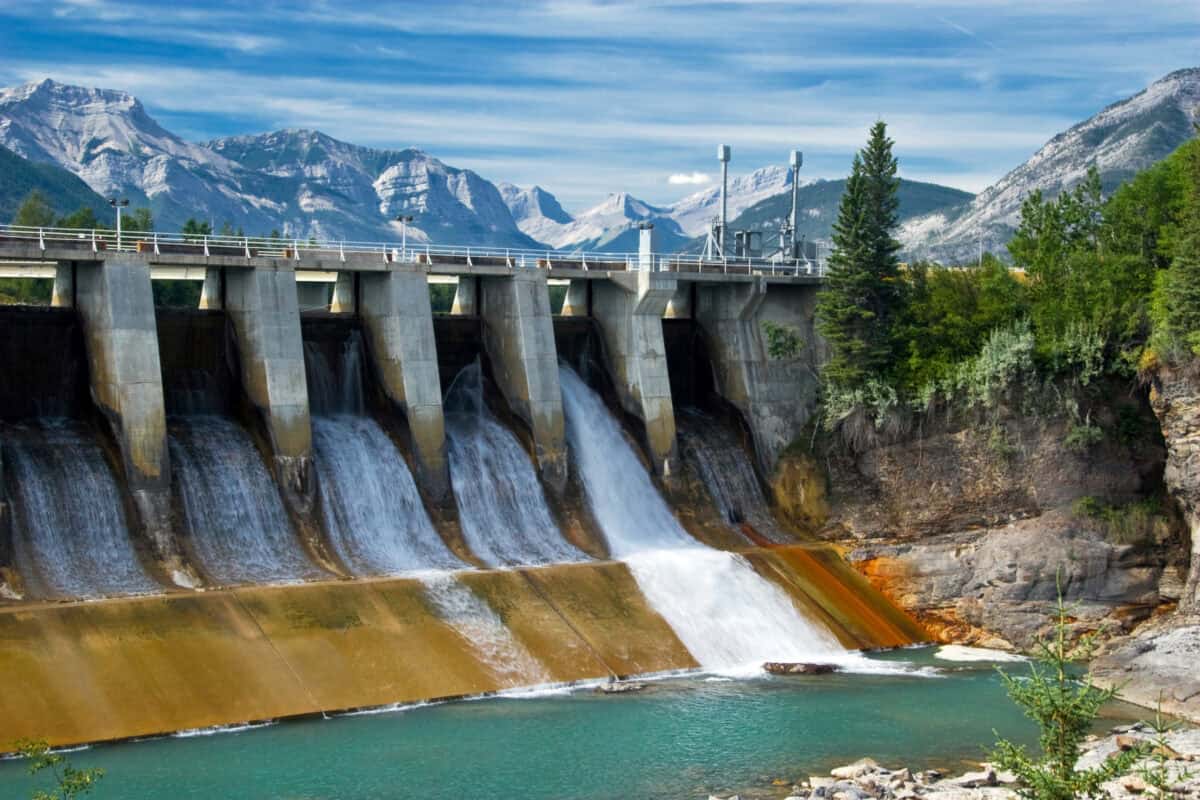Enbridge (TSX:ENB) has long been a Canadian stock market darling, offering investors a reliable income stream thanks to its robust dividend yield and steady growth. With its extensive pipeline network and involvement in energy infrastructure, Enbridge stock enjoyed years of success, driven by stable cash flows and a solid business model in the energy sector.
However, the future might not be as bright due to growing environmental concerns, regulatory pressures, and the global shift towards renewable energy. These factors could challenge Enbridge’s traditional business model, making it harder for the company to maintain its past success and attractive returns. Investors are increasingly cautious, wondering if Enbridge stock can adapt to the evolving energy landscape or if its golden era might be behind it. So, is the risk worth the reward?
Into Enbridge stock
Enbridge stock has long been a favourite among investors for its steady dividend payouts and a track record of growth. However, there are a few red flags that potential investors should be aware of. One of the most significant concerns is Enbridge’s high debt levels. As of the most recent quarter, the company’s total debt stands at $92.2 billion, with a debt-to-equity ratio of 131.3%. This heavy debt load can limit the company’s financial flexibility and increase its vulnerability to rising interest rates, which have already contributed to higher financing costs.
Another issue is the company’s payout ratio, which is currently at 138.7%. This means that Enbridge stock is paying out more in dividends than it earns. This could be unsustainable in the long term, especially if the company’s earnings growth does not keep pace. While Enbridge has maintained a strong dividend yield of around 6.7% at writing, the high payout ratio raises questions about the sustainability of these dividends, particularly in the face of economic downturns or unexpected financial challenges.
Additionally, while Enbridge stock has made strategic acquisitions, such as the U.S. gas utilities, the integration of these assets and the associated costs could pose risks. The company’s growth strategy relies heavily on these acquisitions. Any delays or issues in realizing the expected synergies could impact Enbridge’s financial performance. Investors should keep an eye on how these factors evolve, as they could influence the company’s ability to maintain its dividend and grow its business in the coming years.
Consider another stock instead
With this in mind, perhaps it’s time to think about another stock like Hydro One (TSX:H). When comparing Hydro One to Enbridge stock as a stock investment, several factors highlight why Hydro One may be the better option, particularly in the current market environment. Hydro One operates as Ontario’s largest electricity transmission and distribution provider, benefiting from its monopoly-like status in a regulated industry. This setup provides Hydro One with consistent revenue streams. It makes the stock less susceptible to market volatility compared to Enbridge stock, which is more exposed to fluctuations in the energy market, especially with oil and gas prices.
Additionally, Hydro One’s stock performance has been solid, with a 28.1% increase over the past year. Investors may find Hydro One’s lower beta of 0.34 appealing, indicating that the stock is less volatile than the broader market. This makes Hydro One a more stable investment, especially for those seeking steady dividends and long-term growth. In contrast, Enbridge stock faces higher risks, partly due to its significant debt levels and the challenges in the energy sector, including regulatory pressures and the global shift toward renewable energy.
Finally, Hydro One’s financial health is reinforced by its consistent revenue growth, supported by strategic capital investments to enhance its infrastructure. The company’s focus on sustainability and its strong operating cash flow further solidify its position as a reliable investment. On the other hand, Enbridge’s high payout ratio of over 100% raises concerns about the sustainability of its dividend in the long term. Altogether, this makes Hydro One a more attractive option for conservative investors looking for reliable returns.
 Claim Membership Credit
Claim Membership Credit








